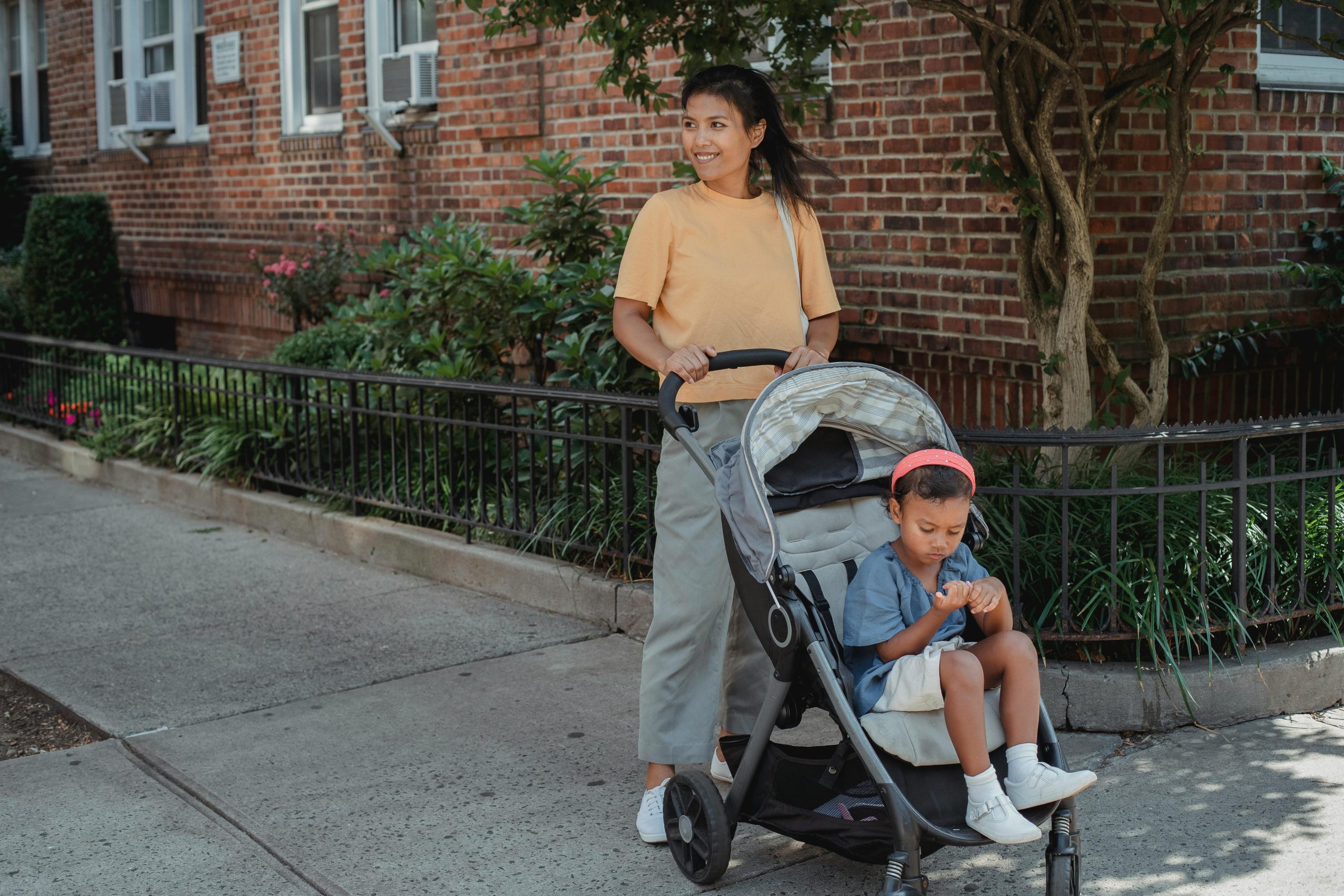Table of Contents
First Aid Kit Essentials
One of the most important aspects of emergency preparedness is having a well-stocked first aid kit. As a babysitter, you should familiarize yourself with the contents of the kit and know how to use each item in case of an emergency. Some essential items to include in a first aid kit are band-aids, gauze pads, adhesive tape, antiseptic wipes, scissors, tweezers, and a thermometer. It’s also a good idea to have a list of emergency phone numbers, such as the parents’ contact information, poison control, and the nearest hospital.
On-Demand Childcare in Your Neighborhood
Book a Sitter
Emergency Contact Information
Knowing who to contact in case of an emergency is crucial for a babysitter. Make sure to have the parents’ contact information readily available, as well as the contact information for other family members or neighbors who can assist in case of an emergency. It’s also a good idea to have a list of important phone numbers, such as poison control, the fire department, and the police department. Make sure to keep this information in a visible and easily accessible location in case of an emergency.
Fire Safety
As a babysitter, it’s important to be aware of fire safety procedures and know how to keep the children safe in case of a fire. Make sure to familiarize yourself with the layout of the house, including the location of fire extinguishers, smoke detectors, and emergency exits. Teach the children about the importance of fire safety and how to escape in case of a fire. Practice fire drills regularly so that everyone knows what to do in an emergency situation.

Severe Weather Preparedness
In some parts of the country, severe weather events such as hurricanes, tornadoes, or blizzards can pose a serious threat to the safety of children. As a babysitter, it’s important to be prepared for these situations and know how to keep the children safe. Make sure to have a plan in place for severe weather events, including knowing where to go for shelter and how to communicate with the parents.
It’s also a good idea to have an emergency kit with essentials such as food, water, blankets, and flashlights in case of a power outage.
Childproofing Basics
Childproofing the house is essential to prevent accidents and injuries while babysitting. Make sure to inspect the house for potential hazards, such as sharp objects, toxic substances, or tripping hazards. Keep cleaning supplies and medications out of reach of children, and make sure that furniture is secured to prevent tipping. It’s also important to supervise the children at all times and teach them about basic safety rules, such as not playing with electrical sockets or climbing on furniture. By following these childproofing basics, you can create a safe environment for the children in your care.
In conclusion, being prepared for emergencies is a crucial part of being a responsible babysitter. By following these 10 emergency preparedness tips, you can ensure the safety and well-being of the children in your care. Remember to stay calm in case of an emergency, follow safety procedures, and communicate with the parents to ensure that everyone is on the same page. With the right knowledge and tools, you can handle any emergency situation that may arise while babysitting.










